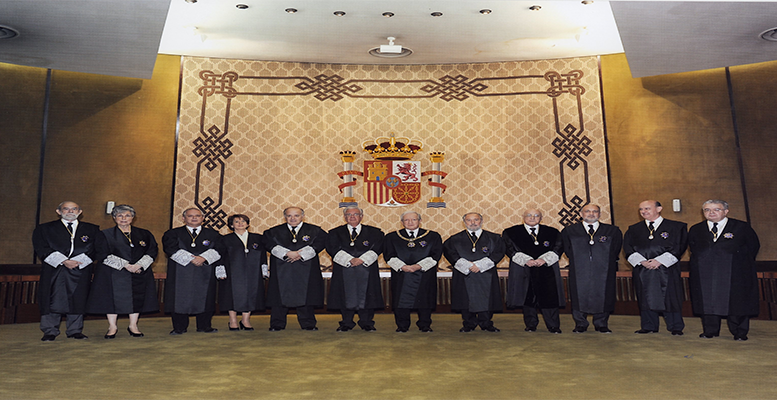José Carlos Díez explains that last week the investiture session was resolved. The result of 23 July was uncertain and required an agreement with Junts and the complexity of negotiating with its leader in Brussels, where he has been on the run from justice since 2017. Since 1993 we have been accustomed to negotiations of this type to form majorities. However, there are two nuances that differentiate the current situation: the PSOE has only 121 seats and is the second parliamentary force, a far cry from the 169 seats that Zapatero won in 2008 before the crisis, and this means that it is in a very weak negotiating position.
And the second change is that the two Catalan nationalist parties publicly reject the Constitution and maintain an agenda of self-determination, which Bildu and the PNV have joined and included in the pacts. The latter is what the main media read by the international investors who buy our debt, Reuters, Bloomberg, Wall Street Journal and The Economist, have highlighted the most, putting Spain in the spotlight once again, especially because of the riots rejecting the agreements in the demonstrations in Madrid. Only the Financial Times editorialised in support of the agreements if they serve to make Junts and ERC abandon the unilateral path to independence and open a period of dialogue.
CHANGING THE CONSTITUTION BY MEANS OF A BILL HAS ALREADY AROUSED MISGIVINGS IN BRUSSELS
The greatest complexity lies in the legal framework for Junts and Puigdemont. In 1978, the constituents rejected two amendments calling for amnesty to be included in the Constitution, and their intention to leave it out was clear. This was acknowledged by Pedro Sánchez himself before the 23 July elections and by his Minister of Justice, now a member of the Constitutional Court. It is possible to change the Constitution, as was done in 2011, but with the procedures set out in the Constitution. Changing it by means of a bill has already aroused misgivings in Brussels, with a letter from the Justice Commissioner asking the government for detailed information on this new law. If the Constitutional Court upholds the law, there is little that the Commission can do and it would be in the hands of the European Court of Justice in the event of an appeal, which is very likely to be the case. Whatever happens, joining the group of Poland and Hungary and the countries that do not respect the rule of law and constitutional procedures has a high reputational cost for Spain in the eyes of our European partners.
What has generated the unanimous rejection of all strata of the Spanish judicial system – judges, prosecutors, state lawyers, private lawyers – has been the inclusion of the term ‘lawfare‘ in the agreement with Junts. The term translated from English means ‘legal war’ and has been used by Cristina Fernández de Kichner in Argentina and Nicolas Maduro in Venezuela. With this legal change, judges, prosecutors and lawyers could be accused of political persecution, which would be a criminal offence of prevarication. The PSOE has come out to deny that it will be included in our legal system, but the reality is that the term appears explicitly in the agreement with Junts with the PSOE logo. If the intention is not to apply it, Pedro Sánchez’s party should have demanded for it not to be included in the agreement.
THE ECONOMY HAS NOT BEEN THE PRIORITY OF THE AGREEMENT WITH JUNTS, NOR WITH ERC, AND IT HAS BEEN WITH SUMAR, BILDU, PNV AND THE CANARY ISLAND COALITION
The agreement with Junts includes the transfer of taxes collected in Catalonia to the Generalitat and has been interpreted as a Basque quota. Once again, the PSOE has denied that this transfer will take place, but has once again allowed it to appear in the pact with the party’s logo. A Catalan quota, similar to the Basque quota, would put an end to the quasi-federal model of our Constitution and the autonomous state to move towards a confederal model, similar to that of the European Union where power would reside in the regions and would leave the centre without resources to exercise the essence of the workers’ movement and of the PSOE since its creation: To design a progressive tax system where high middle incomes pay higher rates than low middle incomes in order to develop a welfare state that avoids situations of poverty and guarantees equal opportunities for all citizens, regardless of their level of income and where they live in the territory.





